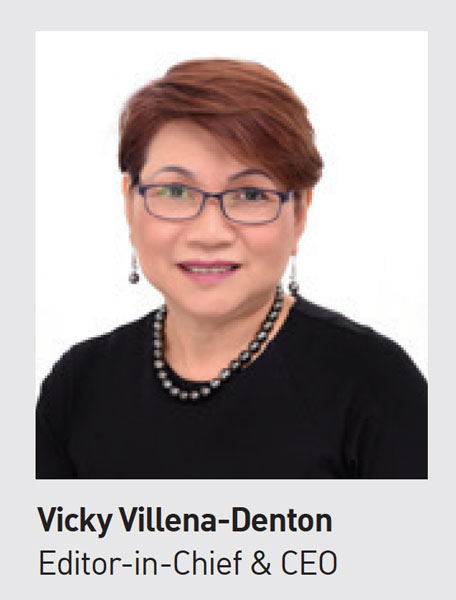
A perception problem
EDITORIAL
It is difficult to predict the future of tribology. Our invisible science suffers from a perception problem as it competes with modern, “sexy” sciences. Inside this issue of F+L Magazine, we speak with multi-award-winning tribologist Ashlie Martini of the University of California Merced about the trouble with tribology, and what we need to do to continue to attract talent to our industry.
The future of fuels is also ill-defined. A multitude of potential solutions offer hope in combating carbon emissions, but are there too many fuels being developed for the marine industry? On page 16, we assess whether this is slowing our energy transition. We shift from the ocean to the air on page 30, with discussion on a 100% sustainable aviation fuel (SAF) that does not require blending. Mark Rumizen, of the U.S. Federal Aviation Administration, details a possible method for the development of a 100% SAF specification. Diesel technology is likely to dominate the heavy-duty sector for many years to come. On page 26, we examine why carbon reductions that occur now are of greater value than those in the future, and how biodiesel may be the best option to improve emissions for legacy vehicles in the immediate term. Most biodiesel activity has been up to B20 in the United States. On page 18, we review plans for higher biodiesel blends in the heating oil and marine markets.

80% of ethanol is used as a fuel, with the remainder as a chemical. With fluctuating oil prices, the chemical route may offer greater opportunity. We evaluate an opportunity for the valorisation of 95 billion litres of ethanol on page 32, including a concept for the conversion of ethanol to butanol. Castrol has just released its new sustainability strategy that focuses on reducing carbon, saving waste, and the somewhat less tangible, improving people’s lives. On page 40, we examine the qualifying criteria for products and services to be included in Castrol’s next generation of products. Japan has pledged to reshape energy flows and achieve carbon neutrality, by 2050. On page 20, we review structural changes that several traditional Japanese oil companies are undergoing as the region braces for a much smaller domestic oil market.
Continuing with a theme of uncertainty, it is increasingly difficult to foresee the future of the automotive grease market. Electric vehicles use more grease, but manufacturers are preferring bearings that are filled for life. We offer a comprehensive review of special grease requirements for electric vehicles on page 6, including the impact on future demand. Finally, I am excited to announce the return of F+L Week Live! on 15-18 November 2021, in Bangkok, Thailand. Networking is a big part of conferencing. It is difficult to replicate the intangible element of being energised around others when not physically gathered with your industry colleagues. You can start booking appointments at F+L Week Live! now, through our F+L Week Virtual platform, free when you register for F+L Week Live!
I look forward to seeing you there!








